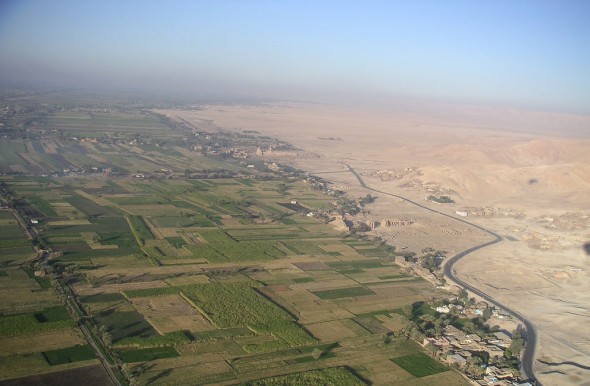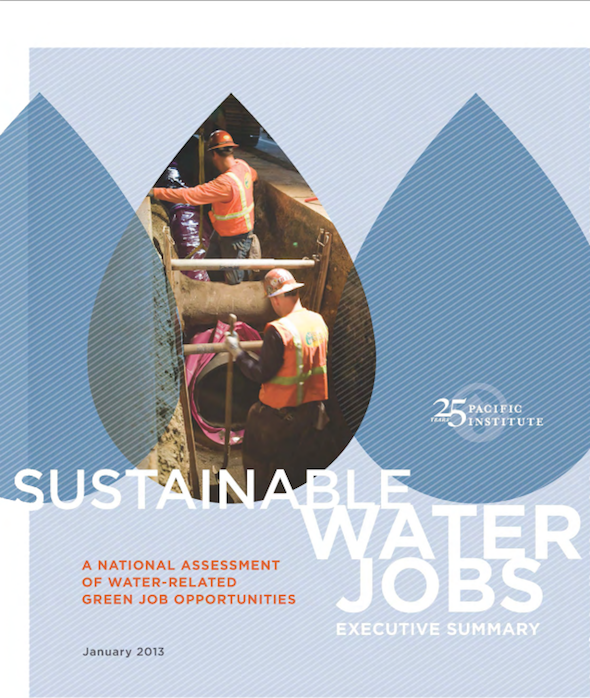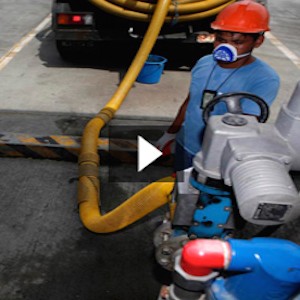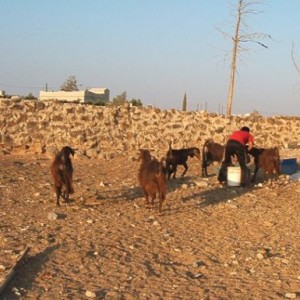Water & Weapons Part II: Water Hostages in Egypt
Farmers use tourists as leverage to get water.
Two weeks ago, I posted about water conflicts and how water can be used as a weapon. Unfortunately, the fight for water hasn’t stopped.
This week, farmers near Abu Simbel, Egypt, finally released more than 200 tourists that they had taken hostage to protest a water shortage, the Egypt Independent reported. The farmers claimed that they had been denied water to irrigate their crops, and they expect dry conditions to damage the 1,000 hectares (2,500 acres) that they have planted.

Egypt relies extensively on irrigation from the Nile River to sustain its farmland, but its historical rights to Nile water are being increasingly challenged by its upstream neighbors. For example, Ethiopia is moving forward with its contested Grand Renaissance Dam, which would be Africa’s largest hydroelectric dam, CNN reported — 85 percent of the water flowing to Egypt from the Nile originates in Ethiopia.
Additionally, this link from CNN, which details another irrigation-related dispute that killed 116 people in Pakistan in 2010, was passed along from one of our readers who responded to my last blog on water violence.
Circle of Blue would like to continue to track water conflicts, so if you read or hear about a water dispute, contact Codi Yeager.
–Codi Yeager
Circle of Blue reporter
A news correspondent for Circle of Blue based out of Hawaii. She writes The Stream, Circle of Blue’s daily digest of international water news trends. Her interests include food security, ecology and the Great Lakes.
Contact Codi Kozacek











Codi, what’s your point here?
Mrs. Yeager, Egypt doesn’t have any legal rights to the Nile, except that which is in its own borders. They are basing their claim on an obsolete colonial treaty from 1929, between itself and Great Britain. Ethiopia was never consulted then. It is a sovereign nation that has every right to use its own resources.
Interesting update Codi. I’m curious what the criteria are for a water conflict. Is hostage taking itself a conflict? The tourists didn’t want the water (they just wanted to consume cultural sights), and the farmers were only using the tourists as leverage with the local government. In fact, the Egypt Independent doesn’t say anyone was hurt. If no one was physically harmed (i.e. like the fact that the pregnant woman was allowed to leave, avoiding harm to herself and soon-to-be-born child), then does it really seem appropriate to try and fit this event into the “water & conflict” narrative?